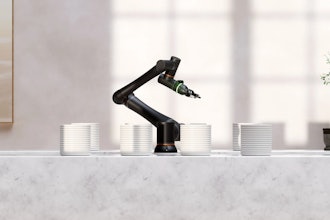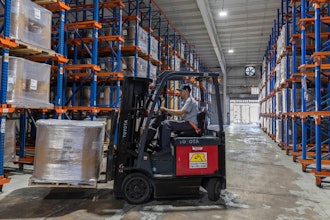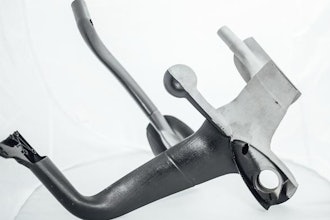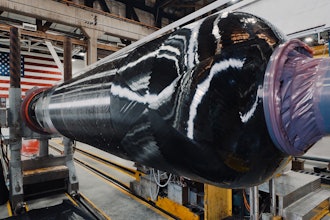
The manufacturing workforce is dramatically changing, with nearly 2.4 million existing workers set to retire within five years, while two million manufacturing jobs are being created in the same time frame. Without a change, a five-million-person job deficit is predicted by the end of the decade. In response, manufacturers must look for innovative ways to attract the current largest generation of workers, millennials.
Generally born between 1981 and 1997 these are technology savvy and often socially conscious individuals who may not see manufacturing as a good career for them. Many millennials incorrectly view manufacturing as a field without the purpose, vision, and leadership they are looking for in a career. However, with the modernization of manufacturing, millennials are beginning to be attracted to manufacturing jobs that have smart technology and opportunities for advancement and networking.
Here are three ways that manufacturing executives and operators can attract millennials to the innovative world of manufacturing.
1. Bring on the Technology. Utilizing real-time data from the manufacturing floor does a lot more than reduce waste and increase efficiency. This technology can help fill labor gaps to bring employees a greater work life balance and reduce mundane tasks like manually writing data points. Technology enables mobility since employees can check in from home or set up automatic notifications if they want to be kept up to date with a process. Automating processes with technology can also assist with the critical industry knowledge that is leaving manufacturing with retiring employees. As an example, older employees may have been used to calculating scrap from processes manually, but an Industry 4.0 solution could place sensors on existing machinery to capture data for real-time analysis. Modern employees should thrive with this type of solution! It saves time for employees and money for the manufacturer.
2. Opportunities for Advancement. Manufacturers should be upfront with employees, providing clear pathways for career progression with customized training for industry-specific skills. Millennials want meaningful work that contributes to the success and value of the company. Even motivated employees can feel frustrated at stagnant jobs without clear opportunities for internal advancement. Industry 4.0 solutions can bring these opportunities through tech-savvy roles which should bring less employee turnover. Manufacturers can help employees move on to supervisory roles like an area manager or more technology-based roles like a quality control inspector that could use internal real-time data analytics to track waste from production, and ways to prevent it. Company-specific training gives employees opportunities for growth in the reinvigorated field of manufacturing.
3. Building a Successful Foundation. Manufacturers should encourage younger employees to attend workshops, executive forums, and to constantly be on the look-out for ongoing education opportunities. At a recent executive forum hosted in Cleveland, the hosting company invited speakers to highlight their commitment to smart manufacturing initiatives for mid-sized manufacturers across the United States, bringing Industry 4.0 knowledge to a new generation of workers.
One of the speakers said, “This was one of those unique events where they’ve [FactoryEye] brought together manufacturers and talked about the financial perspective, things that manufacturers need to drive smart manufacturing forward,” said Jim Brown, President of Tech-Clarity. “I think manufacturers actually have too much data, and the real problem is how manufacturers can gain access to those data streams.” You can watch an insightful video of this event here.
An Eye to the Future
However, it is not all ‘bad news’. The perception around manufacturing has been moving in a positive direction but there is still work to be done. According to a 2022 Deloitte US study, 67 percent of Americans believe a career in manufacturing can be rewarding and are more likely to speak positively to children about a future career in the industry.
In addition, manufacturing reshoring efforts are aggressively being supported by the United States government as a tentative solution for supply chain woes. As an example, Feyen Zylstra recently received $250,000 in federal funding for a new innovation center where manufacturers can interact with smart manufacturing technology.
Ultimately, if manufacturing processes rely on smart technology instead of gated internal knowledge, this can guard against employee turnover to help ‘future-proof’ factories while providing opportunities for employee growth. Providing this room for advancement and networking opportunities will help manufacturers acquire and retain talent instead of watching employees walk out the door.
Terri Ghio is the President of FactoryEye North America.






















